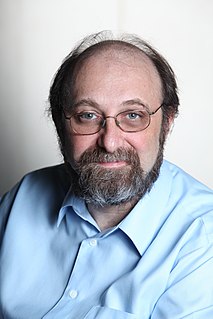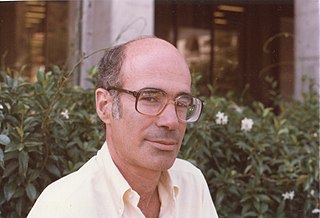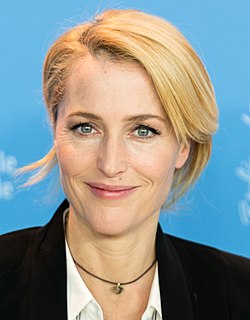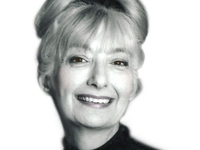A Quote by Simon Critchley
We might even define the human as a dynamic process produced by a series of identifications and misidentifications with animality.
Related Quotes
The most common ego identifications have to do with possessions, the work you do, social status and recognition, knowledge and education, physical appearance, special abilities, relationships, person and family history, belief systems, and often nationalistic, racial, religious, and other collective identifications. None of these is you.
For society as a whole, nothing comes as a "right" to which we are "entitled." Even bare subsistence has to be produced-and produced at a cost of heavy toil for much of human history. The only way anyone can have a right to something that has to be produced is to force someone else to produce it for him. The more things are provided as rights, the less the recipients have to work and the more others have to carry their load.
To include freedom in the very definition of democracy is to define a process not by its actual characteristics as a process but by its hoped for results. This is not only intellectually invalid, it is, in practical terms, blinding oneself in advance to some of the unwanted consequences of the process.
As we have sought through the centuries to define ourselves as human beings and as nations through the prisms of history and literature, no small part of that effort has drawn us to the subject of war. We might even say that the humanities began with war and from war, and have remained entwined with it ever since.
Yet rather than calling the earliest religions, which embraced such an open acceptance of all human sexuality, 'fertility cults,' we might consider the religions of today as strange in that they seem to associate shame and even sin with the very process of conceiving new human life. Perhaps centuries from now scholars and historians will be classifying them as 'sterility cults.








































